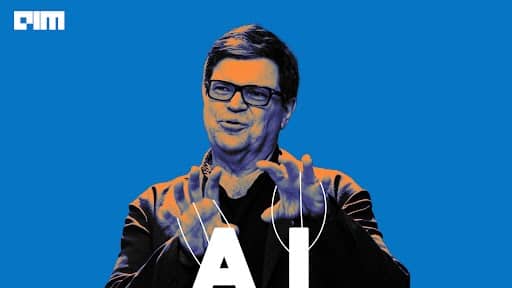Yann LeCun, chief AI scientist at Meta, believes that aspiring AI entrepreneurs in India should obtain an academic degree like a doctorate or master’s degree, especially in fields as technical and complex as artificial intelligence, before to create a startup.
In a recent interview with Nikhil Kamath, co-founder of Zerodha, LeCun, speaking about the importance of formal training in innovation, said, “Doing a PhD or graduate school trains you to invent new things and ensures that your methodology prevents you from making mistakes thinking you’re an innovator when you’re not.
LeCun added that while a doctorate is not a strict requirement for success, it offers significant advantages to entrepreneurs. “It gives you a different perspective,” he said. “In a complex and deeply technical field like AI, it’s helpful to know more about what’s out there, what’s possible, and what’s not.”
For those considering starting their own AI company, LeCun said: “You might be successful without it, but it gives you more legitimacy in hiring talented people, and it could make fundraising easier if you have published articles showing that you invented something. new.”
He further advised young entrepreneurs and startups to experiment with open source models like Meta’s Llama and said that companies can fine-tune the model for particular verticals such as healthcare and education.
During his recent visit to India, where he visited IIT Madras and AI4Bharat, he was impressed by projects focused on language translation and cultural preservation, such as IndicTrans2. “AI is going to help inspire,” he said, especially in regions with diverse languages and cultural complexities.
While speaking on a panel at Meta’s Build with AI Summit in Bangalore alongside Infosys co-founder Nandan Nilekani and People+AI head Tanuj Bhojwani, LeCun discussed the idea to position India as the world capital of AI use cases.
Nilekani added: “We believe we can build on digital public infrastructure,” adding that this foundation enables a faster transition to AI – a concept he previously described as “the DPI to the power of AI”.


